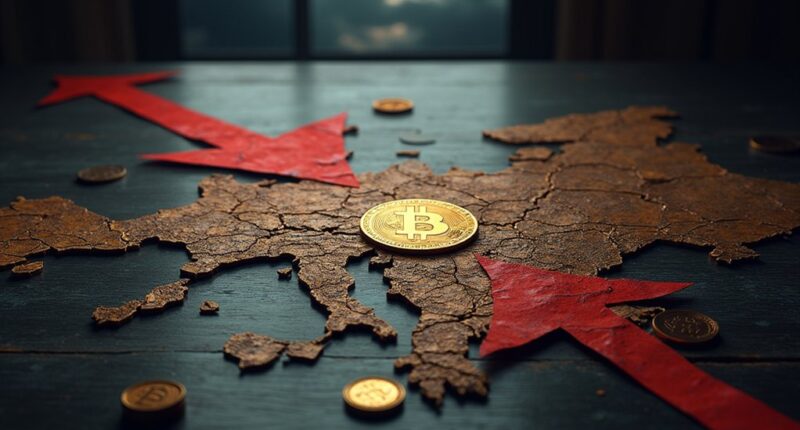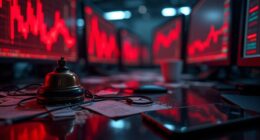While Donald Trump’s latest threat of a staggering 50% tariff on EU imports might dazzle his base, economist Peter Schiff isn’t buying the bravado, slamming it as reckless market manipulation. In biting X posts, Schiff, never one to mince words, calls this proposal—far steeper than tariffs on Chinese goods—a blatant political stunt, designed not for economic gain but for insider advantage. Who benefits, he demands, when markets gyrate on such bombastic policy threats, if not those with whispered foreknowledge?
Schiff’s critique cuts deeper, exposing the tariff’s potential to boomerang on the US economy with ruthless precision. Higher import costs, he warns, will fuel inflation, scorching Main Street while Wall Street smirks, untouched. A recession, he predicts, looms as a grim specter if this protectionist gamble persists, contradicting the very free market principles Trump claims to champion. Isn’t it ironic, Schiff muses with dry disdain, that a supposed economic savior peddles policies so poised to cripple consumer strength?
Markets, unsurprisingly, quiver under this uncertainty, with Bitcoin dipping to $108,000, while gold and yen surge as safe havens. The EU, hardly amused, signals retaliatory tariffs, risking an unmatched trade relationship now teetering on collapse. Schiff, undeterred, labels this tariff talk pure manipulation, akin to crypto market chaos, urging retail investors to beware volatility engineered by political timing. His advice? Approach with skepticism, hedge with gold, and sell into tariff-driven rallies before the bubble bursts. Schiff also argues that such threats distort global trade dynamics, creating unpredictable market swings. Additionally, he points out that Bitcoin’s recent drop coincides with tariff announcements, reflecting trader uncertainty. Moreover, he cautions that such volatility mirrors crypto market tactics like pump-and-dump schemes, where prices are artificially inflated before crashing.
Markets tremble as Bitcoin slips to $108,000, while gold surges. Schiff warns of tariff-driven volatility, urging investors to hedge and beware the bubble.
Beyond tariffs, Schiff’s broader concerns—stealth recessions, weakening labor markets, runaway deficits—paint a damning picture of misguided policy. Trump’s Bitcoin superpower dreams, he scoffs, distract from trade deficits, ensuring deeper dependence on foreign goods. Wake up, he seems to shout: neither tariffs nor crypto fantasies will save an economy on the brink.









